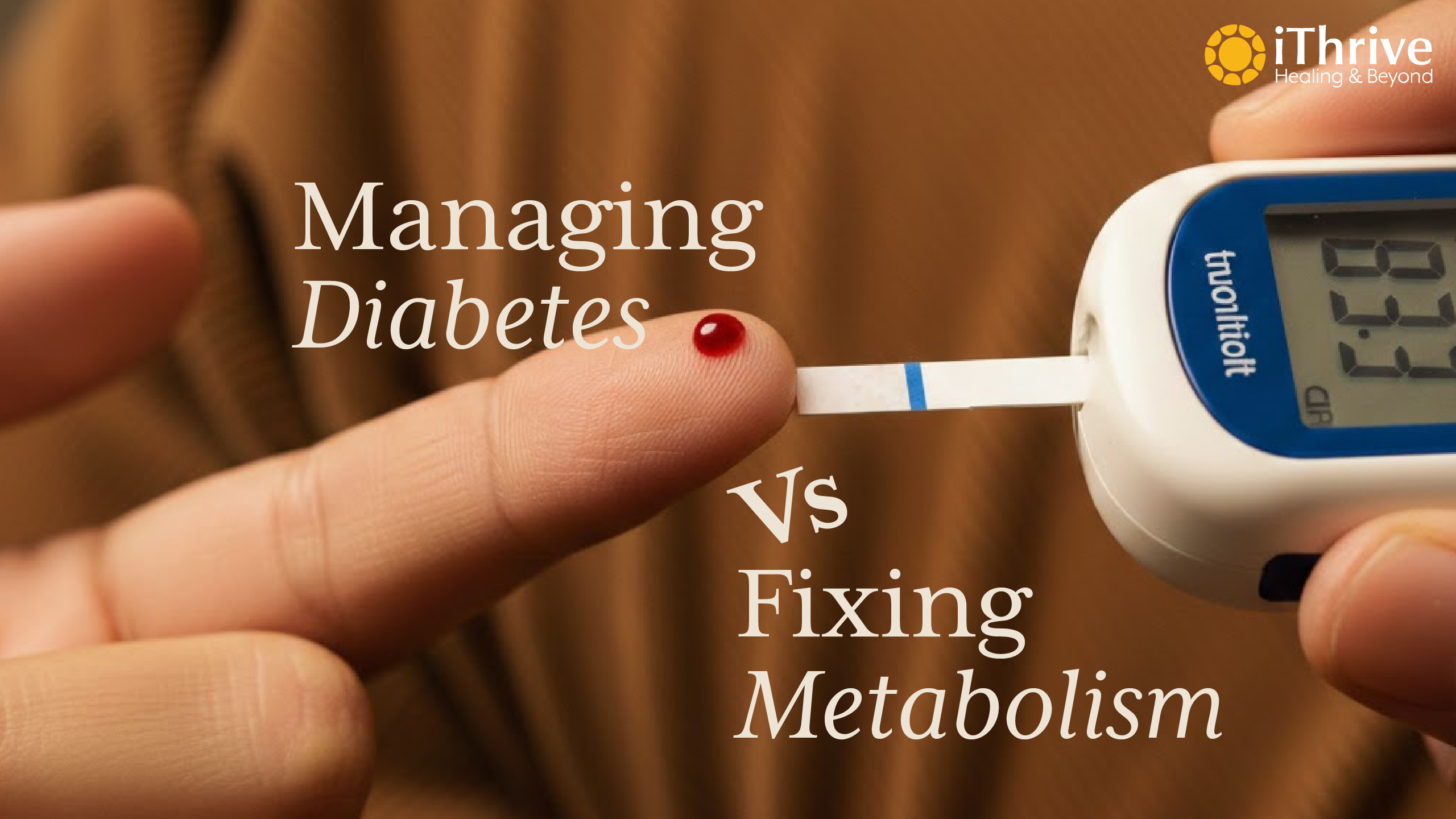Contents from this article were shared in an article published in TV9 Hindi on 04.01.2023 featuring Mugdha. This article was written to serve as input for the same following a query from TV9.
Modern nutrition research can be very difficult to interpret. Studies that control food intake are very challenging to conduct and often create conflicting outcomes. Despite the conflicts, there are some things that we know to be true based on repeated evidence over the years. We share with you the basic principles of healthy eating based on medical and nutrition science literature and our own clinical data in 2023.
Eat whole unprocessed foods: Irrespective of what specific diet plan you follow, avoiding processed food is the first and foremost step to eating healthy. Industrial processing in most cases creates very harmful effects and such foods should be eliminated.
Eat adequate well-sourced protein: You should focus on getting a minimum of 0.8g of protein per kg of your target body weight Pasture-raised animal meat and eggs are the healthiest sources. Animal sources of protein are fully bioavailable(get absorbed in the body) and have a complete amino acid profile.
Eat Healthy Fats: Eating healthy fats like butter, ghee, and coconut oil, is important for overall health. These fats provide energy and support the absorption of fat-soluble vitamins and minerals. They play an important role in brain health, hormone and enzyme production, and immune function.
Avoid refined seed oils: Refined seed oils like soybean oil and sunflower oil are highly processed and may contain unhealthy trans fats and residues of solvents. They also contain high levels of omega-6 fatty acids, which can contribute to inflammation.
Avoid Refined Sugars: Consuming refined sugar can cause rapid spikes in blood sugar levels, which can lead to a range of health issues. These spikes can cause problems with metabolism, leading to weight gain and increased risk of metabolic conditions such as diabetes and heart disease. It is also recommended to not eat too many carbohydrates in general and focus more on proteins and fats.
Plant foods: Some amounts of plant foods are also important to consume because they have antioxidants and phytonutrients, which are plant compounds that have a range of health benefits. Plant foods also contain prebiotic fiber, which helps to support the health of the gut microbiome. While plant foods offer many health benefits, some plant foods can also contain toxins and anti-nutrients like lectins, and oxalates, which can have a negative impact on health. That’s why it is recommended to avoid plant foods high in anti-nutrients. Some food preparation methods like soaking and fermenting also help reduce antinutrient content.
Subscribe to our newsletter and receive a selection of cool articles every week





.png)


.webp)

.jpg)
.jpg)






.webp)
